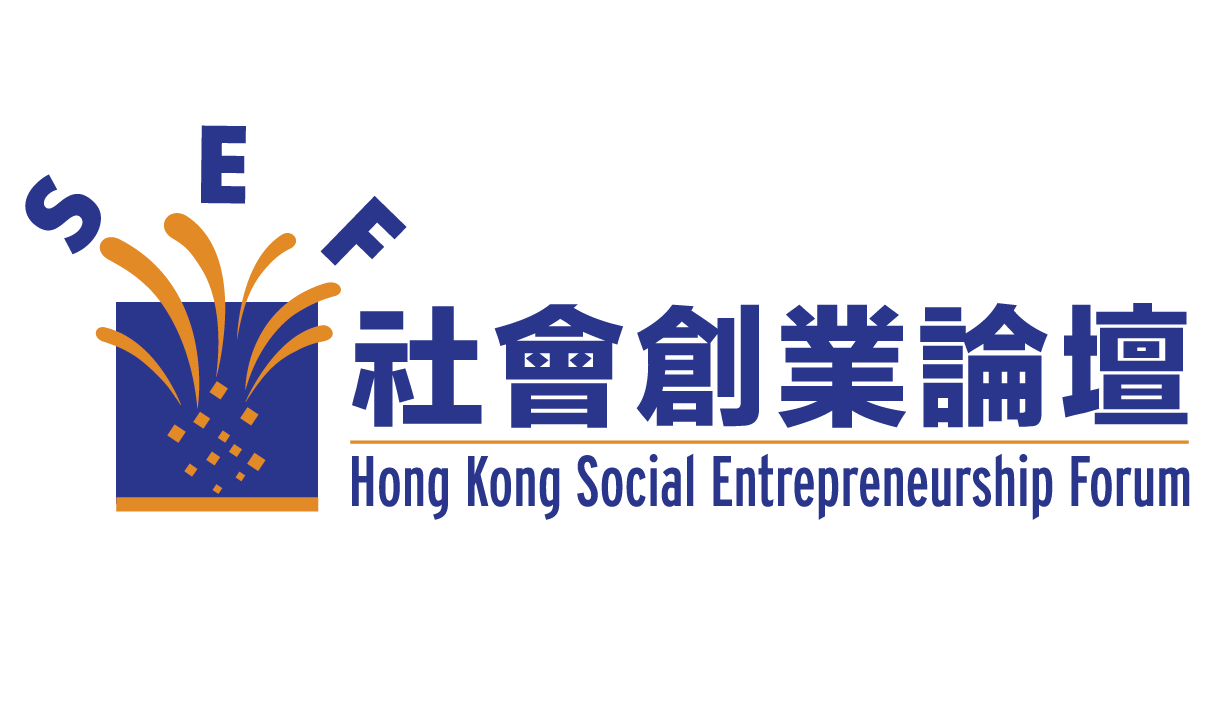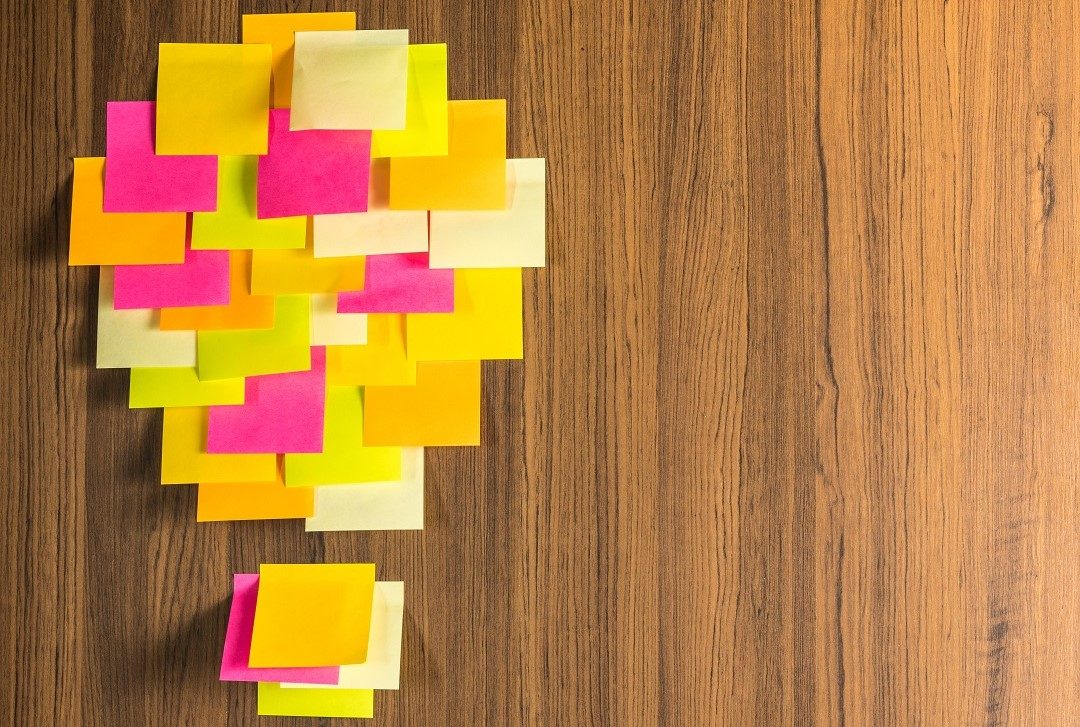Edited by Dr KK Tse
I received from a reader of the Newsletter a Wall Street Journal article entitled How Bill Gates Got Ready for Harvard (June 8, 2007). It described how Bill Gates prepared his commencement speech for his honorary doctorate from Harvard. I am attaching the article here for your interest.
Some highlights and insights from the article are worth underlining:
- During the preparation process, Bill came across the commencement speech of George Marshall, delivered on June 5, 1947, which outlined the Marshall Plan, the bold economic relief program that lifted Europe from the ashes of WWII. The General was describing the challenges facing post-war Europe and what he thought must be done. Naturally, Bill was much inspired. He too would like to pinpoint the greatest challenges facing mankind at this historical juncture and what needs to be done to confront these challenges.
- In his speech, Bill told his 15,000-strong audience that he had dropped out of Harvard well educated in economics, politics and the sciences but still with ‘one big regret’:
“I left Harvard with no real awareness of the awkward inequalities in the world – the appalling disparities of health and wealth and opportunity that condemn millions of people to lives of poverty, disease and despair,” he said. “Whether through democracy, strong public education, quality health care and broad economic opportunity – reducing inequity is the highest human achievement.” - Bill wanted to press his audience to become more aware and active in helping solve global inequities but was worried about sounding ‘overly preachy’. He sought Warren Buffett’s advice on this. “Warren is the best at kind of inspiring people to do something without preaching,” Bill recalled, “Warren helped me feel like really telling the students to do something was OK if you did it the right way.”
- At the end of his speech, Bill recommended a four-point plan for attacking a complex problem: determine a goal, find the ‘highest-leverage approach’, discover the ideal technology for that approach, and in the meantime, make the smartest application of the technology that you already have. He exhorted the graduates each to take on an issue and ‘become a specialist on it’ even if they devote just a few hours every week.
- Bill asked the students: “Imagine that you had a few hours a week and a few dollars a month to donate to a cause – and you wanted to spend that time and money where it would have the greatest impact in saving and improving lives. Where would you spend it?”
As all of you are aware, Bill Gates and Warren Buffett have between them not only a huge foundation to support a lot of worthy causes, but have also by their actions transformed the entire landscape of corporate philanthropy. Some people may feel that it is OK for these super-rich people to do great things with their wealth, and that people without substantial wealth could only sit and watch. Such views are of course totally unwarranted. In what follows, I shall share with you a new form of civil society actions which is beginning to transform the art and science of philanthropy at the grass root level.
Are You a Change Maker?
As part of a world-wide movement, several groups of people from around New Zealand have in the past two years been developing a new style of community group which aims to inspire and support a greater citizen engagement on social, economic and environmental issues.
Some of these groups have taken the name ChangeMakers and have been following a “5-10-5-10” framework of active citizenship.
5 – spend 5% of your income directly supporting citizen actions that inspire you
10 – do ten actions in the next year on your personal passion in citizenship action
5 – spend 5% of your time on active citizenship tasks
10 – join with ten other people to create a learning community to support each other’s work for change
The beauty of this form of community action is manifold, for example,
- You don’t need big organizations to initiate positive actions for change in society
- You don’t need a lot of wealth to start making worthy contributions to social causes
- You focus on issues and projects that you are passionate about
- You leverage the collective wisdom and mutual support of a small group to sustain and refine your action
- You learn and contribute at the same time – which is totally different from just writing out a cheque
- You also contribute to building a greater level of citizen engagement, the cornerstone of civil society
Please refer to the attached file for more about the ChangeMakers idea.
Everyone a Changemaker
The most important and influential proponent of the ‘changemaker’ idea has been Bill Drayton, the founder and CEO of Ashoka Foundation. His organization has been a pioneer in promoting and supporting social entrepreneurs throughout the world. Today, Ashoka operates in forty-six countries across Asia, Africa, the Americas, and Central Europe and has assisted over 1,400 social entrepreneurs, providing them with close to US$40 million in direct funding.
In 2006, when Ashoka celebrated its 25th Anniversary, Bill Drayton was asked to reflect on his experience of this quarter of a century. He summarized his thoughts in an article he wrote for the inaugural issue of the MIT journal Innovations (2006, Issue No.1), and its title captured the essence of his insights: “Everyone a Changemaker: Social Entrepreneurs’ Ultimate Goal”. I learnt a lot and benefited tremendously from reading and re-reading this article. The gist of it: the greatest value of social entrepreneurs is not so much the success of the projects, products/services, enterprises, programs, or solutions to social issues, but the impact they collectively create on enabling and inspiring ordinary people to become a changemaker themselves.
Food for Thought:
- How would you respond to Bill Gates’ last question?
- Have you ever experienced doubts and uneasiness about making donations to charities?
- Have you ever thought of doing something different?
- Are there any social issues that you are passionate about?
- Could you imagine yourself working with some friends to create a community action group employing something like the “5-10-5-10” framework?

